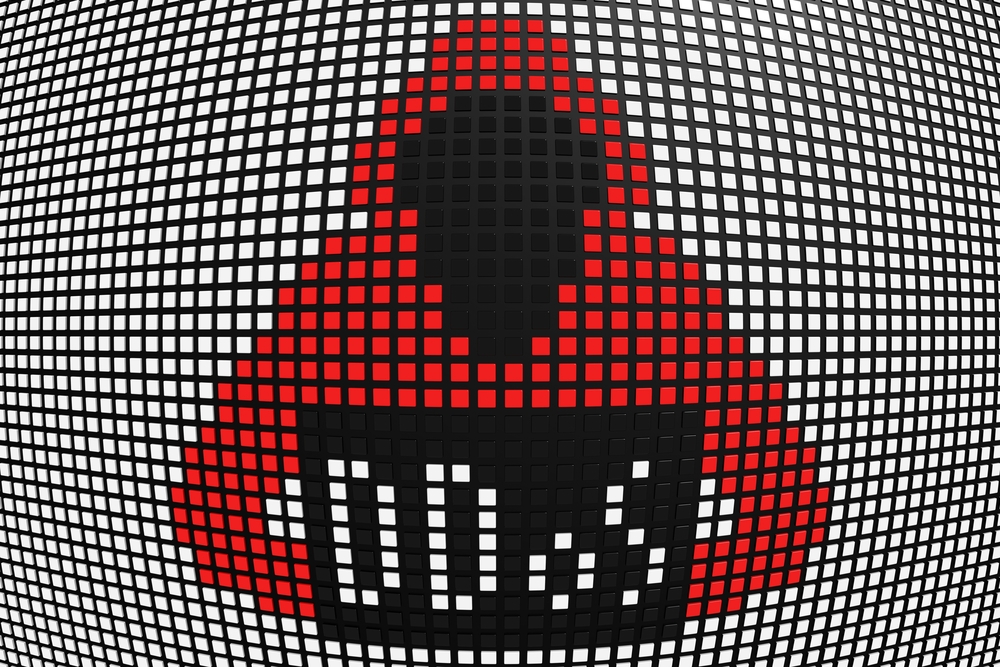Cyber criminals are coming up with new and creative ways to make life impossible for Internet users. A Turkish crime group has come up with a new scheme that will create a competitive league of groups carrying out DDoS attacks. This “league table” will only apply to groups using the crime syndicate’s own DDoS tools, though.
DDoS Competitions Are Becoming A Thing
As if Internet users and enterprises did not have enough to worry about yet, they will soon be facing a competition among criminals looking to perform DDoS attacks. Thanks to a Turkish crime syndicate creating this competitive environment, anyone who uses their software set will be ranked based on performance. It is evident that large-scale denial-of-service attacks will only become more common than they are right now.
Even though security researchers agree that this is a somewhat innovative idea, it remains a troublesome future for enterprises and Internet users all over the world. Gamifying the world of DDoS attacks is quite intriguing, yet it will only make things a lot worse for the average person. After all, human nature encourages competition.
To put this new concept into perspective, things will work as follows. Surface Defence is the Turkish crime group organizing this DDoS competition. Participants who use their tools will receive 1 point for every 10 minutes of successful attacks using the Tor-hosted Sledgehammer tool. Assuming that the participants can continue their relentless attacks for an extended period, they will track up points rather quickly.
As one would come to expect, the Turkish crime group has also put together a list of target organizations. For now, this list is rather small, although it contains some prominent targets. For example, the CDU Party led by Angela Merkel, and the Armenian Genocide Institute are two potential future DDoS targets.
Security researchers are puzzled as to why the Turkish crime group has opened up this competition to the public, as they will only bring negative attention to themselves. Participants will gain access to using the Sledgehammer tool, as well as some click-fraud bots. But other than prestige, there is virtually no incentive to compete in these DDoS attacks.
Additionally, competitors can only run this software from one computer at a time. This levels the playing field for sure, but it’s hardly an efficient manner of conducting DDoS attacks. It appears that some hidden agenda is at play here, even though it remains unclear what the ultimate goal of this competition may be.
If you liked this article, follow us on Twitter @themerklenews and make sure to subscribe to our newsletter to receive the latest bitcoin, cryptocurrency, and technology news.

